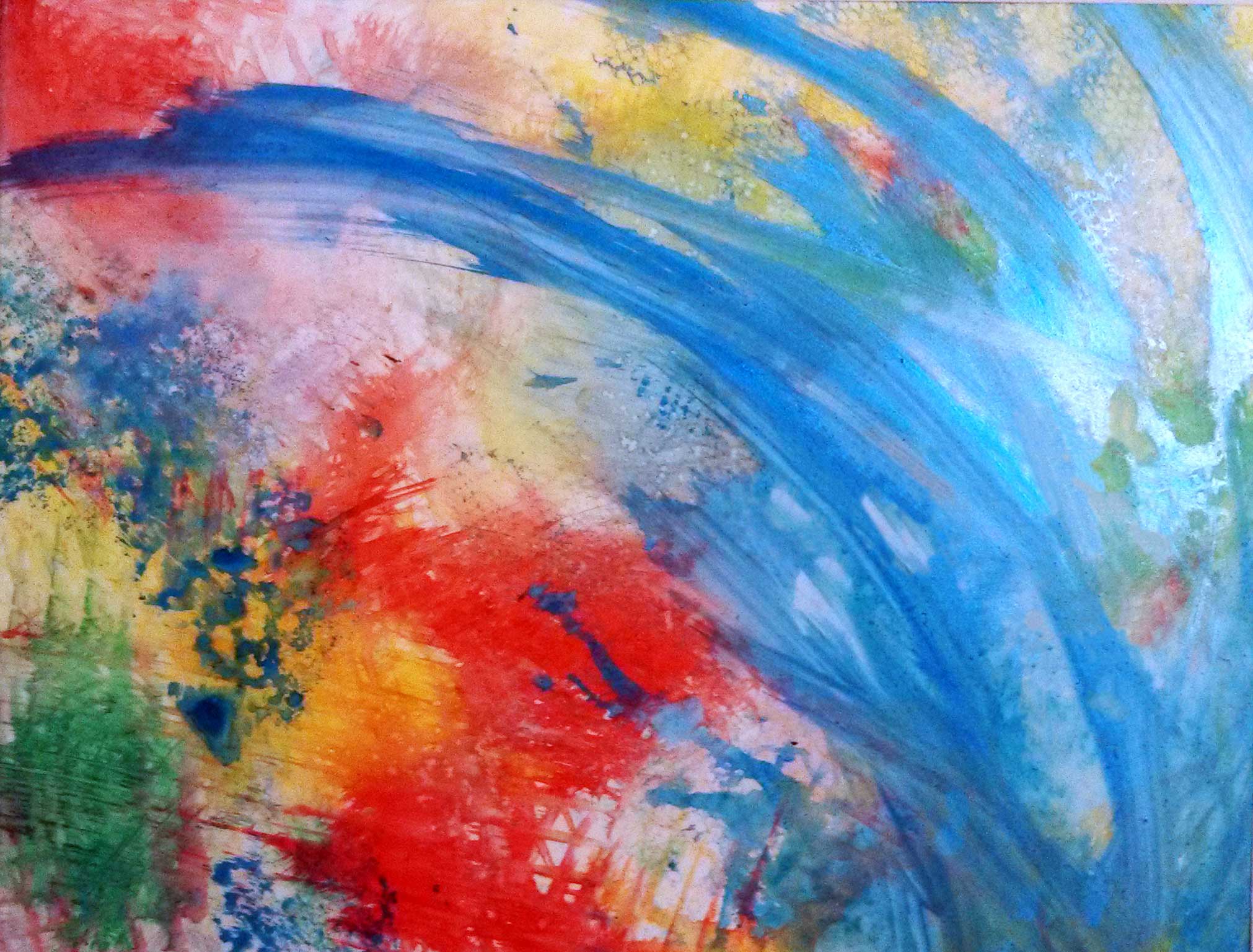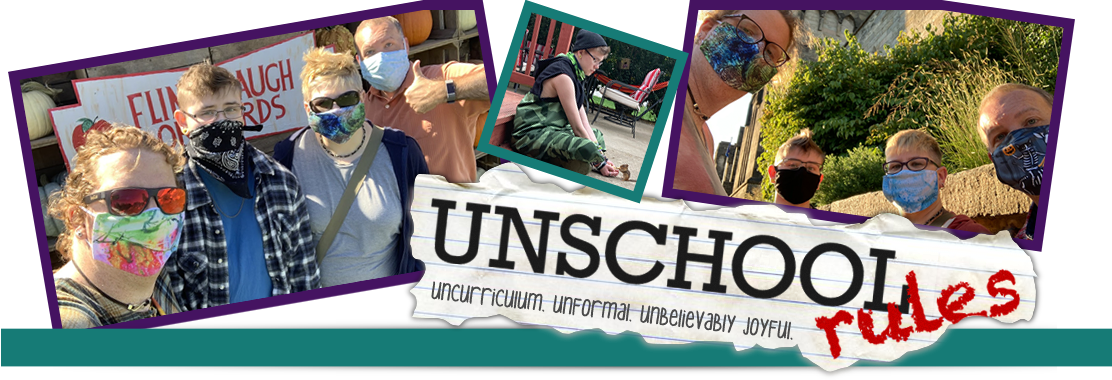Welcome to my next installment as part of the iHomeschool Network’s new series called Quotable Wisdom.
Each Tuesday, we’re all posting thoughts from topics or authors of interest. I’m sharing quotes from famous mathematicians and scientists for your pinning and Facebooking pleasure, but my biggest goal is that I hope something will spark you or your family to dig deeper into a particular area or a particular person’s life.
Ashar picked our quotable person again this week. This scrivener, scientist and manuscript-seller who was born in the 1300s is the subject of some factual reading we’ve been doing – as well as our new favorite fiction series by Michael Scott.
Today’s quote is especially pertinent given the mixed histories that surround its author – some true, some completely an invention of later writers. Some sources label him an alchemist in the early-chemistry tradition, some as more of an occult magician, and others as an almost immortal demigod. In truth, he was a married, devoutly Catholic man who committed the heresy in his time of knowing how to read and write! (Yikes.) Our readings have been a great way for Ashar to learn how to separate literary fiction from historical fact!
You must learn to question everything. To wait before moving, to look before stepping, and to observe everything.
~ Nicholas Flamel
Learn more about Flamel
- Nicolas (Nicholas) Flamel on Wikipedia
- Think you’ve heard of Flamel in another context? From the National Library of Medicine, read more about some of the reality behind Harry Potter, including Flamel
- Check out Random House’s fictionalized young-adult series based on Flamel (complete with a surprisingly high number of factual references to early chemists and alchemists and to the documented mythologies of several cultures)




 Since then, I’ve finished my
Since then, I’ve finished my 